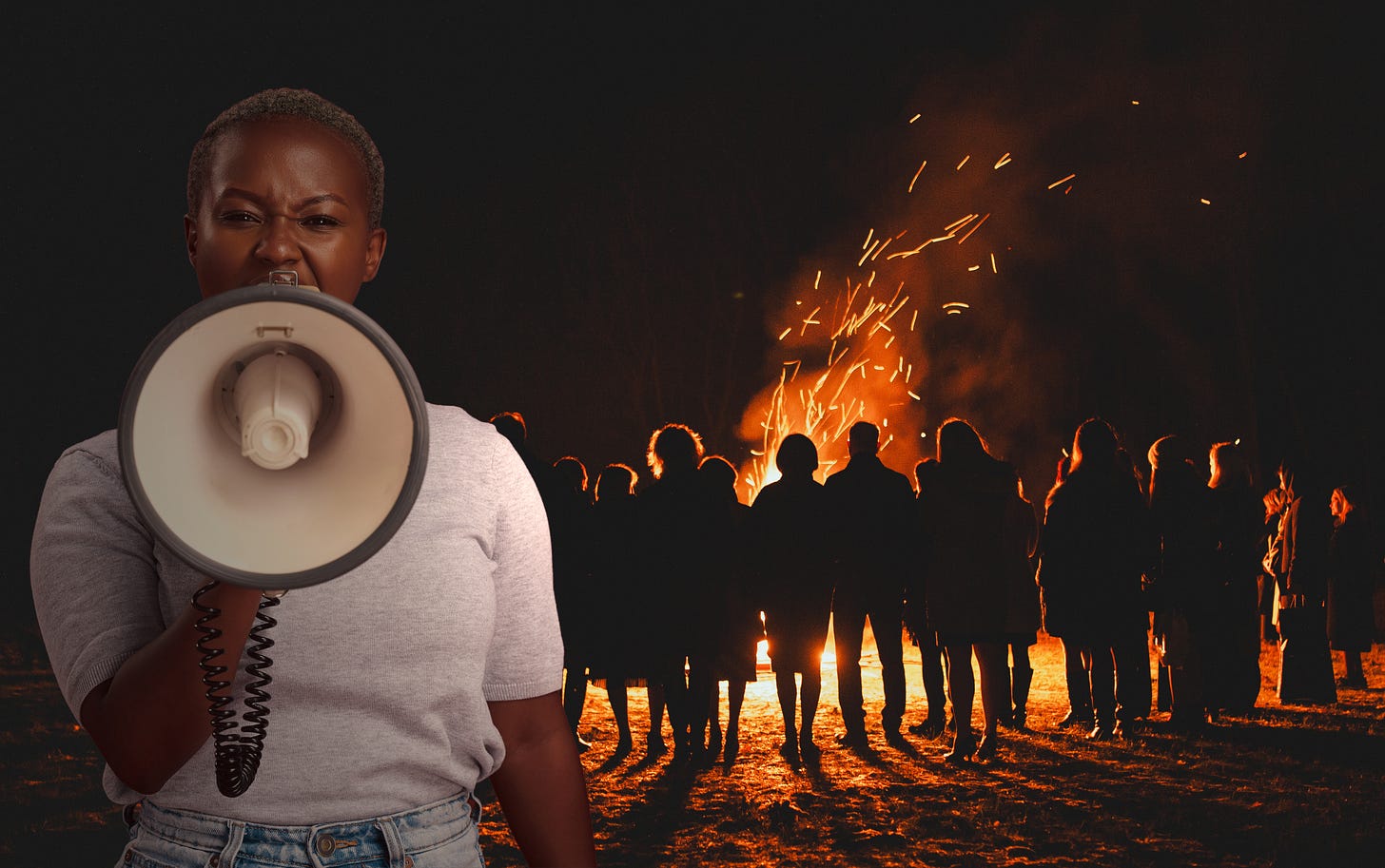Tell-It Report: Racial Bias Can Lead to People Seeing Weapons That Aren’t There, New Study Says
A new study from Columbia University used brain imaging tests to determine how split-second, high-risk decisions can change based on race.
In Gullah Geechee communities, a "tell-it" was a designated lookout, community warning system and the most trusted source for news and information. The Tell-It Report is ContrabandCamp’s weekly roundup of the Black stories that deserve more attention — from politics to entertainment.
In a new study out of Columbia, researchers show…





